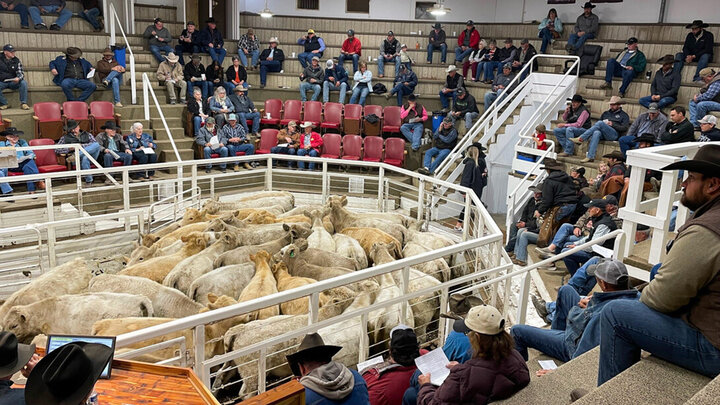Grandpa and Grandma farmed. They retired. They had two irrigated quarters. They had two sons who had started farming operations themselves. So, their transition plan was to give a quarter to each of the sons at their passing. Grandpa passed away, followed by the Grandmother about a year or so later. The lawyer handling the estate was not given specific instructions about the transfer of the quarters. He just put number one and number two in a hat, the sons drew a number.
Then there were problems. Turns out that one quarter was nearly perfect. Good soil, highly productive, and had a good well. The second quarter was sandy, alkali spots, significantly less productive and had a well that was in trouble, actually sucked air at times. There was a huge argument about being fair. One son felt it was fair that each got a quarter. The son who got quarter two didn’t feel like he was treated equitably at all.
I call this the story of unintended consequences. The grandparents didn’t set this transition up to succeed. They probably made several assumptions that I’ve heard before. 1) “We probably should designate who gets which quarter, but I won’t be here, I really won’t care at that point.” 2)”Those two boys always got along while we were alive, and I’m sure that they will in the future.” 3) “The farmland will always be in the family.” All of these are easy assumptions to make, but simply do not set up the remaining family members for a successful farm/ranch transfer.
Of the three assumptions, the first two were the problems in this situation. First, we should not assume anything. Especially about family getting along after one generation is gone. If you have a distribution of assets in place, be sure that information is communicated those involved parties prior to your passing. In this case, if the brothers had known what the distribution plans were, they may have asked the parents to devise a way to make that transfer more equal or fair.
It would have been easy to make this transition more equitable. Many options exist; however, the simplest might be to have the land evaluated by a certified agriculture land appraiser. When the difference in value was calculated, the son who got the land that was worth more would compensate the other for 1⁄2 of the value difference. For example, if the poorer land was appraised at $250,000, and the good quarter was appraised at $350,000, then the difference is $100,000. The son who received the first quarter would compensate the other son $50,000 – or 1⁄2 of the difference in the two quarters. I’d also suggest that the money not be due all at once, but could be paid out in installments over a period of time. For $50,000 you might space payments out over 10 years, or $5,000 per year.
If we receive assets, we should feel blessed to have parents who are able to give that farm, for example, worth hundreds of thousands, if not millions of dollars, to the next generation. But because the assets are worth that large sum of money, we have to be sure to think through the unintended consequences of our actions or inactions.
When you visit with agriculture professionals who work with farm families, the number one problem in setting up successful farm/ranch transfers is the lack of communication. Be sure to get good communications started within the generations and across generations. Some of the older generation feel that sharing personal information isn’t appropriate. In the case of asset and business transfer or succession, all those involved should be included in discussions and negotiations when appropriate.
For those who don’t have their farm transition or succession plan in place, be sure to get started on that process. To begin with, don’t get caught up in the legal terms of passing assets. For example, don’t worry about the tools like a will, trust, LLC, or corporation. To get your affairs in order, just think about what you’d like to have happen to your assets. Set that vision first. When you know what you’d like to do with your ‘stuff’, then go see a lawyer who will recommend the right ‘tool’ to use to get the desired result.




